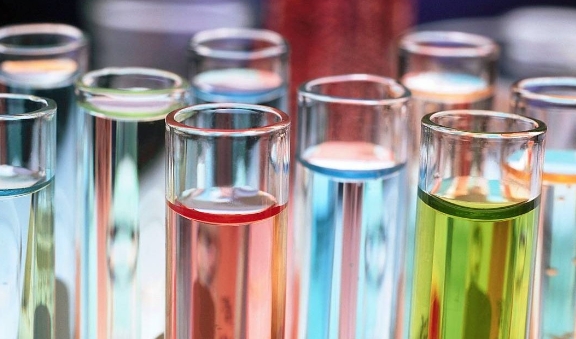
Biological agents, also known as bioagents, play a crucial role in various industries and scientific fields. These agents encompass a wide range of living organisms, including bacteria, viruses, fungi, and other microorganisms. Their unique properties and capabilities make them invaluable tools in research, medicine, agriculture, and environmental applications. In this article, we will delve into the diverse applications of biological agents and their significance in different domains.
- Medical Applications:
Biological agents have revolutionized the field of medicine, offering new avenues for diagnosis, treatment, and prevention of diseases. They are extensively used in the production of vaccines, where attenuated or inactivated forms of pathogens stimulate the immune system to develop immunity. Additionally, bioagents such as monoclonal antibodies have emerged as powerful tools for targeted therapy, enabling precise treatment of various conditions, including cancer, autoimmune disorders, and infectious diseases. - Agricultural and Food Industry:
In agriculture, biological agents are employed to enhance crop productivity, protect plants from pests and diseases, and promote sustainable farming practices. Biopesticides derived from naturally occurring microorganisms offer an eco-friendly alternative to chemical pesticides, reducing environmental impact and preserving biodiversity. Furthermore, biofertilizers containing beneficial bacteria or fungi improve soil fertility and nutrient uptake, contributing to sustainable agriculture. - Environmental Applications:
Biological agents play a vital role in environmental remediation and conservation efforts. Bioremediation, the use of microorganisms to degrade or detoxify pollutants, has proven effective in cleaning up contaminated sites. Certain bacteria and fungi possess the ability to break down hazardous substances, such as oil spills, pesticides, and industrial pollutants, into harmless byproducts. Moreover, bioaugmentation involves introducing specific microorganisms to enhance natural degradation processes, accelerating the restoration of ecosystems. - Industrial and Biotechnological Applications:
Biological agents find extensive use in various industrial processes and biotechnological applications. Enzymes produced by microorganisms are utilized in diverse sectors, including pharmaceuticals, textiles, and biofuels. They catalyze chemical reactions, improve efficiency, and enable the production of complex molecules. Additionally, microorganisms are harnessed for the production of bio-based materials, such as bioplastics and biofibers, offering sustainable alternatives to conventional materials.
Conclusion:
The applications of biological agents are vast and continue to expand as research and technological advancements progress. From medicine to agriculture, environmental remediation to industrial processes, these versatile agents contribute to numerous fields, offering sustainable and innovative solutions. Harnessing the power of biological agents allows us to address global challenges, improve human health, and promote a more sustainable future.

